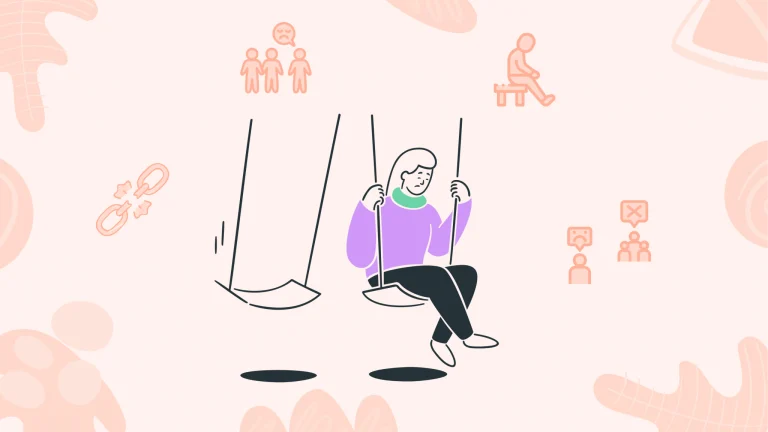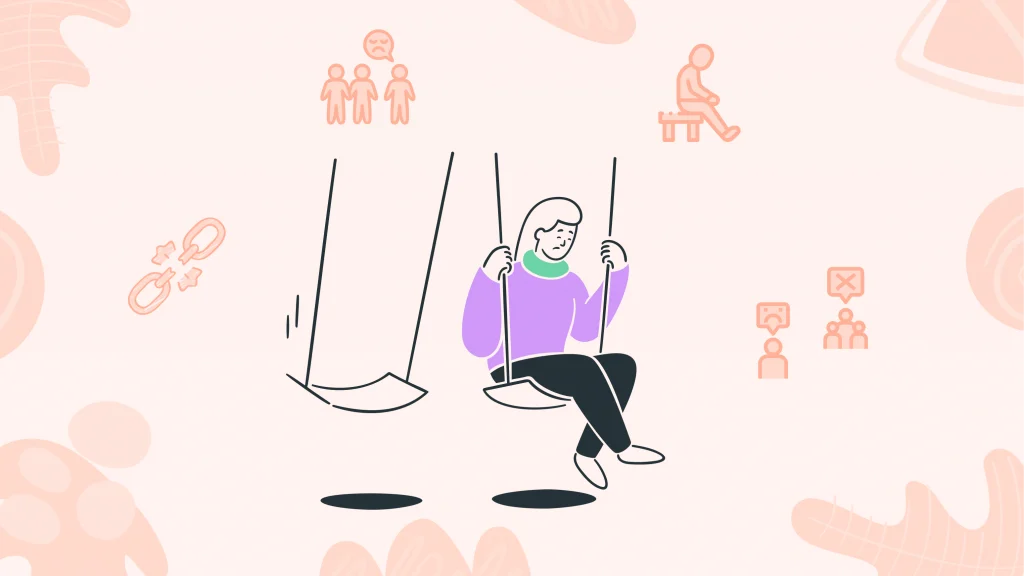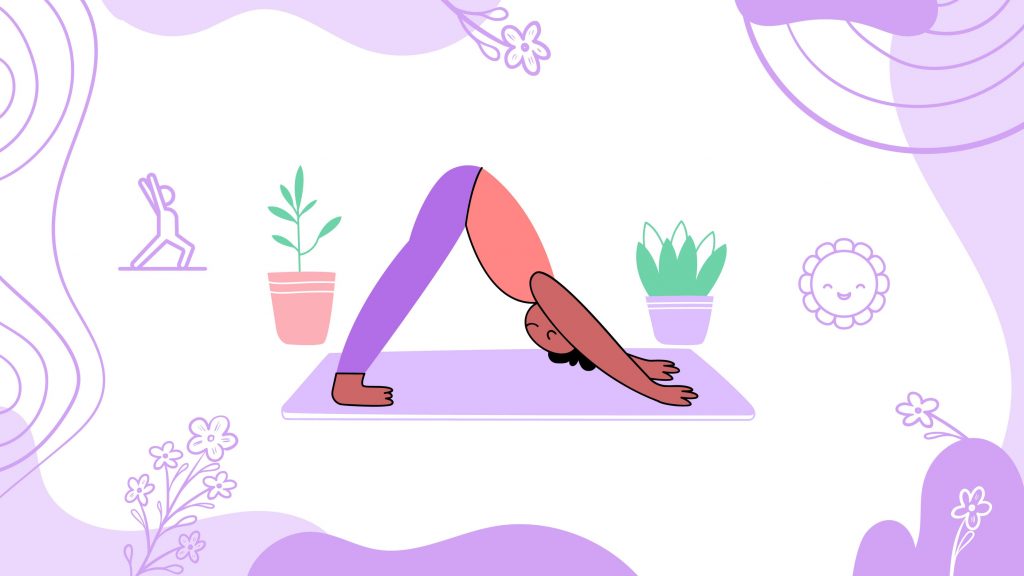Navigate the Seas of Disconnection
In today’s world, making friends and feeling connected can seem like climbing a mountain without a map. Despite being more connected than ever through digital means, many of us find ourselves drowning in a sea of disconnection, struggling to forge genuine relationships. It’s the paradox of our time: surrounded by people, yet feeling profoundly alone. This struggle isn’t just about not having someone to hang out with on a Friday night; it’s about the profound impact that a lack of meaningful connections has on our mental and emotional well-being. It’s about feeling unseen, unheard, and unvalued.
The Science of Solitude
At the heart of this struggle is our fundamental need for connection, a drive so deeply embedded in our DNA that its absence can shake the very foundation of our well-being. Neurologically, social interactions stimulate the release of neurotransmitters like dopamine and oxytocin, which play key roles in feelings of happiness and bonding. When we struggle to make friends or feel disconnected, this neurochemical cocktail is disrupted, leading to feelings of loneliness and sometimes even contributing to depression and anxiety.
Moreover, our brains are wired to belong to a tribe, an evolutionary trait that ensures survival. In the absence of this sense of belonging, we’re not just battling a fleeting feeling of sadness; we’re up against millennia of hardwiring that screams that isolation is a threat to our existence. This primal fear can make us more anxious, affect our self-esteem, and even alter our perception of the world around us, making the task of reaching out and making friends seem insurmountable.
Subscribe to newsletter
Get your Gut Health Starter Guide right now.
Elevate your Tuesdays with practical, science-backed wisdom propelling you forward on your gut health journey.

Building Bridges of Connect
- Step Out of Your Comfort Zone: The first step is often the hardest—stepping out of your comfort zone. Start small; a smile, a greeting, or a compliment can open the door to new connections. Remember, the fear of rejection holds many back, but every interaction is a step forward, not a verdict on your worthiness.
- Find Your Tribe: Seek out communities where you share interests, values, or goals. Whether it’s a book club, a sports team, or an online forum, these shared interests can be the foundation of meaningful relationships. It’s about quality, not quantity.
- Be a Friend to Make a Friend: Show genuine interest in others. Listen more than you talk, ask questions, and show empathy. Friendships are built on mutual trust and respect, not just shared activities.
- Practice Self-Compassion: Be kind to yourself throughout this process. Making friends is a skill, not an inherent trait, and like any skill, it takes practice. Celebrate small victories and be patient with yourself.
From Strangers to Soulmates
Emma’s story embodies the journey from isolation to community. Moving to a new city for work, she found herself adrift in a sea of unfamiliar faces, her days filled with work and her nights with solitude. The loneliness was palpable, a constant weight that she couldn’t shake off.
Determined to change her circumstances, Emma began by joining a local running group, a nod to her lifelong love of running. The first few sessions were daunting; she felt awkward and out of place. However, she persisted, focusing on shared experiences rather than her fear of rejection. Gradually, conversations flowed more naturally, and invitations to social events began to come her way.
Emma also made a conscious effort to deepen these budding connections by showing genuine interest in her new acquaintances, remembering details about their lives, and offering help when needed. She learned to be more open, sharing her thoughts and feelings, which in turn encouraged others to do the same.
Today, Emma’s social circle includes close friends she met through the running group, colleagues who became confidantes, and neighbors who turned into dinner companions. Reflecting on her journey, she notes, “I realized that making friends wasn’t about changing who I was to fit in; it was about finding the courage to reach out and the patience to let connections grow. The loneliness that once felt like a life sentence has been replaced by a sense of belonging that I had longed for.”
Emma’s story is a testament to the power of taking small steps towards people and the transformative impact it can have on one’s quality of life. It reminds us that while the fear of disconnection is real, so too is the possibility of finding community and connection in the most unexpected places.


















